"Super Learner": The conception of exceptional natural intelligence is outdated, 6 habits below will help you gain any knowledge you want!
You can totally acquire new knowledge even without any natural intelligence thanks to the scientific techniques below. Let's check it out!
Becoming a super learner is one of the most important skills you need to succeed in the 21st century, despite whatever field you work and learn. Esspecially for those who work in Information Technology field - always changing every hour, continuous self-learning is a necessary factor to become the việc tự học không ngừng luôn là yếu tố tiên quyết để trở thành a trend leader, or simply don’t let the products you create "die prematurely even before birth."
The good news is, you don’t need a natural gift to be better at learning something new even when you have a full-time career. Many polymaths (people who have excelled in diverse pursuits) — including Charles Darwin, Leonardo da Vinci and the Nobel prize-winning physicist Richard Feynman — claimed not to have exceptional natural intelligence.
We all have enough brainpower to master a new discipline if we use the right tools, approaches, or apply what we learn correctly. Almost anyone can learn anything with the right technique. If you aim to learn a new skill to improve your career this year, some of these habits can be useful for you.
1. Super learners read a lot
Reading is to the mind what exercise is to your body. It gives us the freedom to roam the expanse of space, time, history, and offer a deeper view of ideas, concepts, emotions, and body of knowledge.
Your brain on books is active — growing, changing and making new connections and different patterns, depending on the type of material you’re reading. Highly successful learners read a lot.
In fact, many of the most successful people share this appreciation for reading - they don’t see reading as a chore but as an opportunity to improve their lives, careers and businesses.
Elon Musk grew up reading two books a day, according to his brother. Bill Gates reads 50 books per year. Mark Zuckerberg reads at least one book every two weeks. Warren Buffett spends five to six hours per day reading five newspapers and 500 pages of corporate reports.
In a world where information is the new currency, reading is the best source of continuous learning, knowledge and acquiring more of that currency.
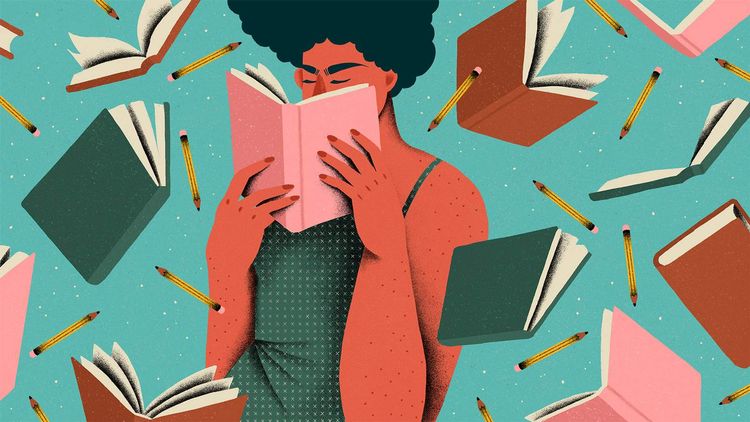
2. Super learners view learning as a process
Learning is a journey, a discovery of new knowledge, not a destination.
It’s an enjoyable lifelong process — a self-directed and self-paced journey of discovery. Understanding any topic, idea or new mindset requires not only keen observation but more fundamentally, sustained curiosity.
Super learners value the process. They don’t have an end goal, they seek consistent improvement. They keep mastering new principles, processes, worldviews, thinking models, etc. The “ongoing, voluntary, and self-motivated” pursuit of knowledge is important for their maturity.
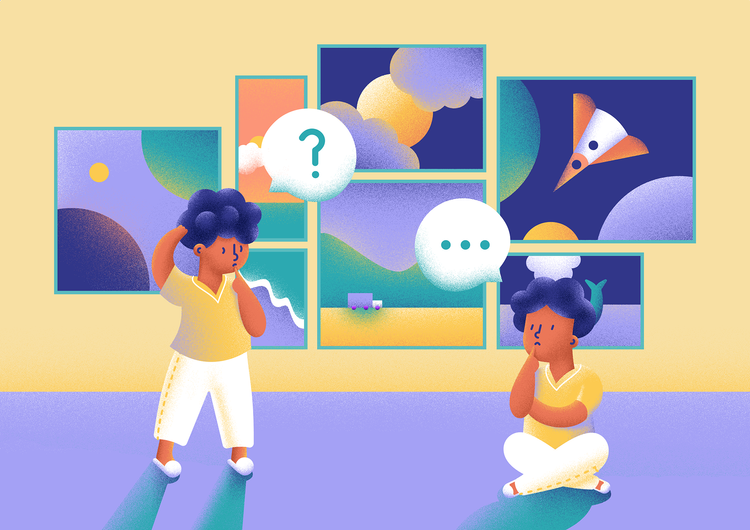
3. They adopt a "Growth Mindset"
You can’t go wrong cultivating a growth mindset — a learning theory developed by Dr. Carol Dweck that revolves around the belief that you can improve intelligence, ability and performance.
“The illiterate of the 21st century will not be those who cannot read and write, but those who cannot learn, unlearn and relearn,” argues Alvin Toffler, a writer, futurist, and businessman known for his works discussing modern technologies.
Cultivating a growth or adaptable mindset can help you focus more on your most desirable goals in life. It may influence your motivation and could make you more readily able to see opportunities to learn and grow your abilities.
The ability to keep an open-mind, acquire better knowledge and apply it when necessary can significantly improve your life and career.
>>> Đọc thêm: [Sách hay] Mindset - Tâm lý học thành công: Khi trí thông minh bẩm sinh có thể "giúp" bạn thất bại nhanh hơn!
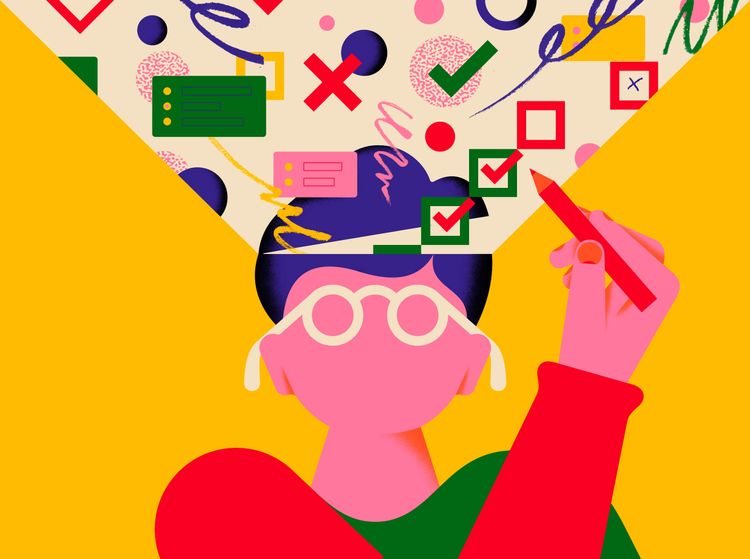
4. Super learners teach others what they know
According to research, learners retain approximately 90% of what they learn when they explain/teach the concept to someone else, or use it immediately.
Teaching others what you know is one of the most effective ways to learn, remember and recall new information.
Psychologists, call it the “retrieval practice”. It’s one of the most reliable ways of building stronger memory traces.
Learn by teaching someone else a topic in simple terms so you can quickly pinpoint the holes in your knowledge. It’s a mental model coined by the famous physicist Richard Feynman.
Known as the “Great Explainer,” Feynman was revered for his ability to clearly illustrate dense topics like quantum physics for virtually anybody. The Feynman Technique is laid out clearly in James Gleick’s biography, Genius: The Life and Science of Richard Feynman.
The ultimate test of your knowledge is your capacity to transfer it to another. A better way to learn, process, retain and remember information is to learn half the time and share half the time. For example, instead of completing a book, aim to read 50 percent and try recalling, sharing, or writing down the key ideas you have learned before proceeding. This is the attribute of exchange information fast, one of the attributes in the fifth core value of Sun* - "Go fast".

5. Effective learners take care of their brains
Keeping your brain healthy is a way to learn better. What you do or don’t do for your brain can significantly change how your record, process and retrieve information. Everyone wants to live an active life for as long as possible. And that goal depends on robust brain health.
That means eating lots of foods associated with slowing cognitive decline — blueberries, vegetables (leafy greens — kale, spinach, broccoli), whole grains, getting protein from fish and legumes and choosing healthy unsaturated fats (olive oil) over saturated fats (butter).
Fruit and vegetables combat age-related oxidative stress that causes wear and tear on brain cells,” says Dr Gary Small, a professor of psychiatry and aging.
Our brains naturally decline if we do nothing to protect them. However, if you intervene early, you can slow the decline process — it’s easier to protect a healthy brain than to try to repair damage once it is extensive.
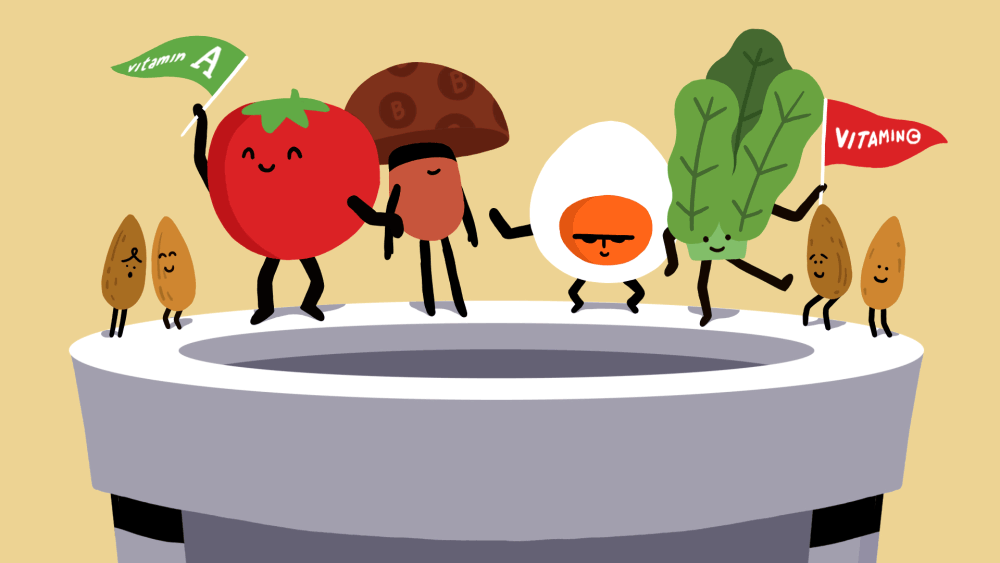
6. They take short breaks, early and often
Downtime is crucial to retaining anything you choose to learn.
According to recent research, taking short breaks, early and often, can help you learn things better and even improve your retention rate.
“Everyone thinks you need to ‘practice, practice, practice’ when learning something new. Instead, we found that resting, early and often, maybe just as critical to learning as practice,” said Leonardo G. Cohen, M.D., Ph.D., a senior investigator at NIH’s National Institute of Neurological Disorders and Stroke.
Better breaks help the brain solidify, memories during the rest periods. Whatever you choose to learn over time, it’s important to optimize the timing of rest intervals for better results. Our brains’ neural networks need to time process information, so spacing out your learning helps you memorize new information more efficiently — give your brain enough time to rest and recover.
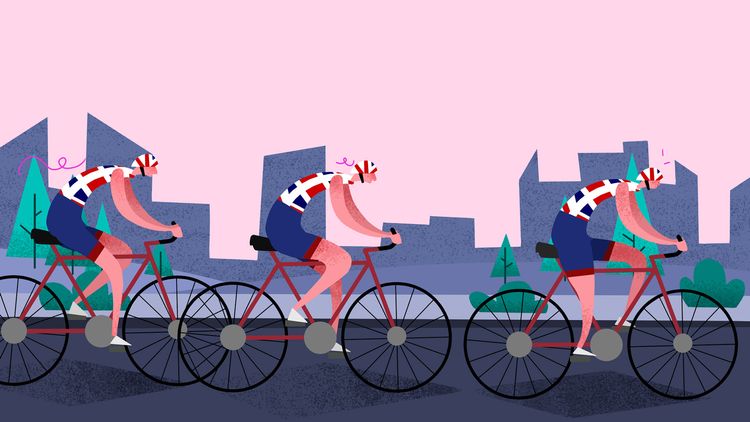
All of the learning skills that Sun* News introduced above are certainly not too difficult to practice. However, if you don’t really try and start today, you will not be able to get the best results. So, to become a super learner mastering all new knowledge, start practicing these 6 skills from today! And don't forget, "Learn fast, exchange information fast" to make your knowledge more useful!
Source: https://medium.com/personal-growth/6-habits-of-super-learners-63d466a254fd

 VI
VI EN
EN



